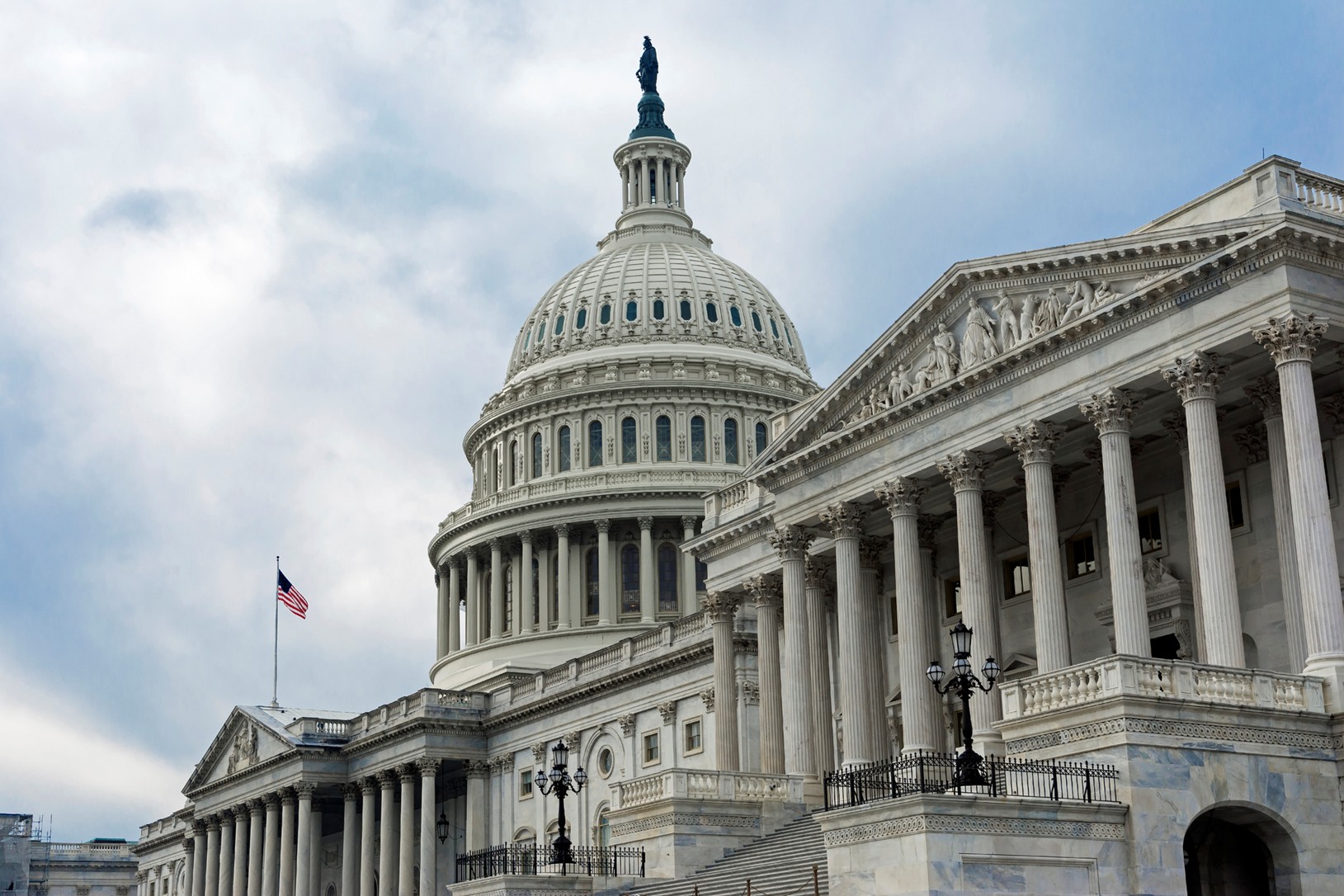MUS Policy Perspective – October 2025
As we approach the end of the federal government fiscal year, September 30, 2025, Congress is staring down another potential shutdown. Congressional Republicans and Democrats are at a crossroads given that they have not agreed to overall spending levels for the upcoming 2026 fiscal year. They are back at a point of discussing a short-term funding patch, to prevent a government shutdown, while they negotiate broader funding levels for the entire federal government, including the Department of Labor and Education.
In order to pass a Continuing Resolution (CR), the legislative vehicle to temporarily fund the federal government, Democrat votes will be necessary in the Senate (60 votes needed to break a filibuster) and may be needed in the House where the margin is extremely thin (House Republicans can lose 2 votes without needing Democrat votes). Democrats are demanding that the funding extension also include a longer-term extension for healthcare subsidies which are set to expire December 30, 2025.
These healthcare subsidies were expanded during COVID and provide financial relief for lower income individuals who purchase healthcare through Affordable Care Act marketplaces. Combined with the Medicaid coverage changes in the One, Big Beautiful Bill, Democrats are very concerned that the expiration of the subsidies will result in a broader healthcare access and affordability crisis. A significant part of the political and practical ‘math’ is that extending the subsidies would cost about $400 billion over ten years – an expensive policy ask.
Unfortunately, funding for workforce and education programs is now wrapped up in this debate. WIOA Title I programs do receive ‘advance appropriations’ meaning that in the event of a shutdown, the US Department of Labor already has the Title I funds. Typically, allocation of these funds would not be delayed during a shutdown, however, given actions from this current Administration related to funding delays and pauses, there is concern about further delay and allocation during a shutdown.
While leaders sort through this, MUS continues to encourage its members to contact their Congressional delegations in the House and Senate to highlight the importance of funding workforce development programs. The House Appropriations Committee recently approved its proposed Fiscal Year 2026 Labor, HHS, Education Appropriations Bill with serious and significant cuts to the WIOA Adult and Youth programs, as well as Adult Education, Job Corps, SCSEP, and Ex-Offender programs (among others). Now is the time to let your Representatives know the devastating impacts if these cuts are approved.






